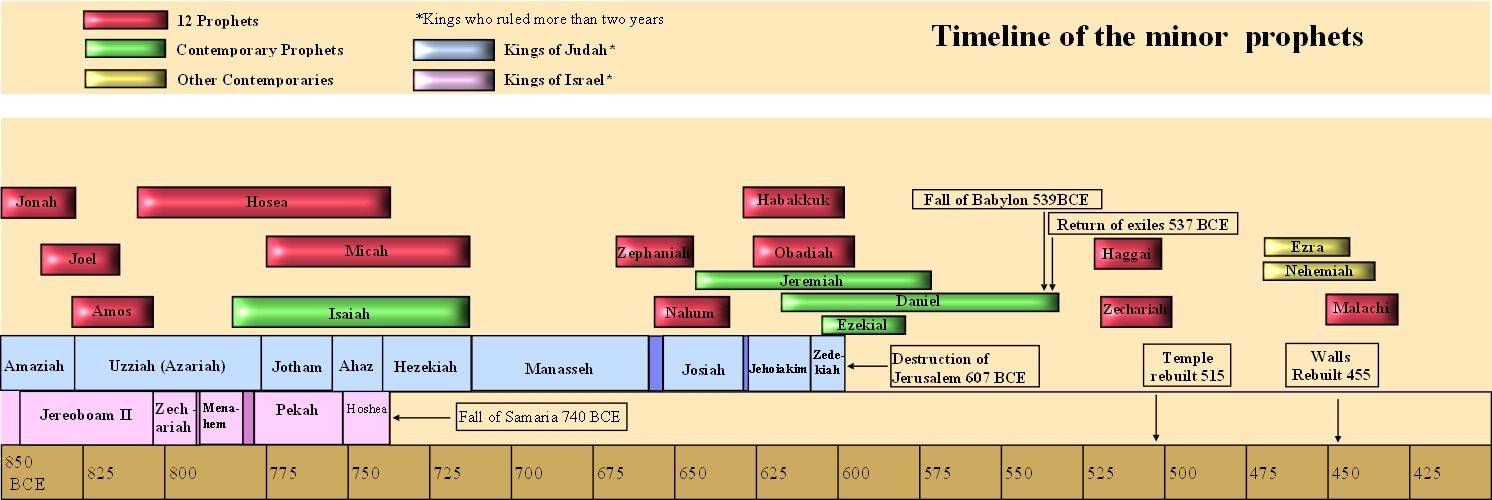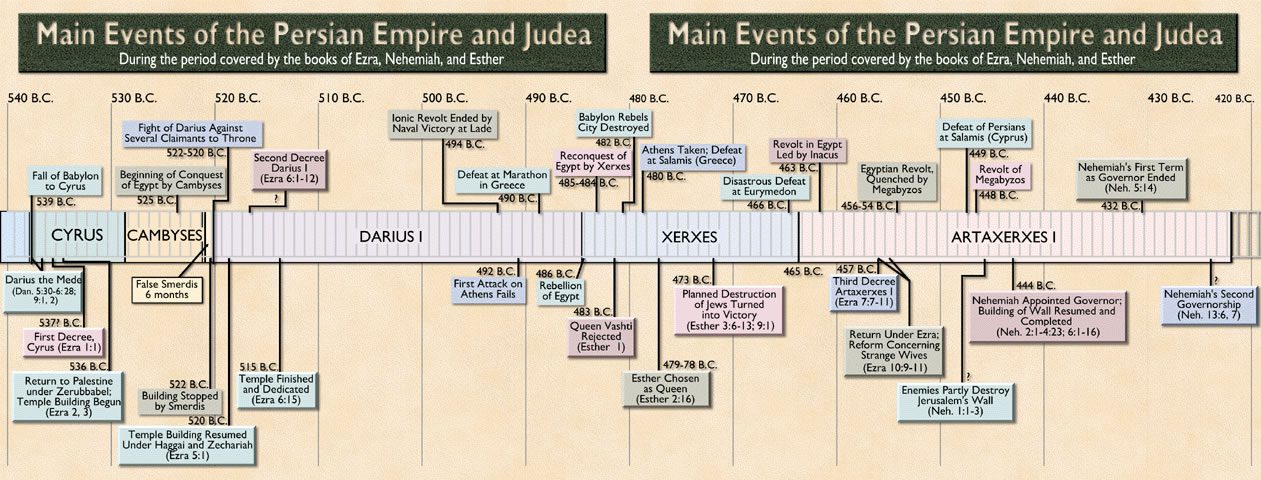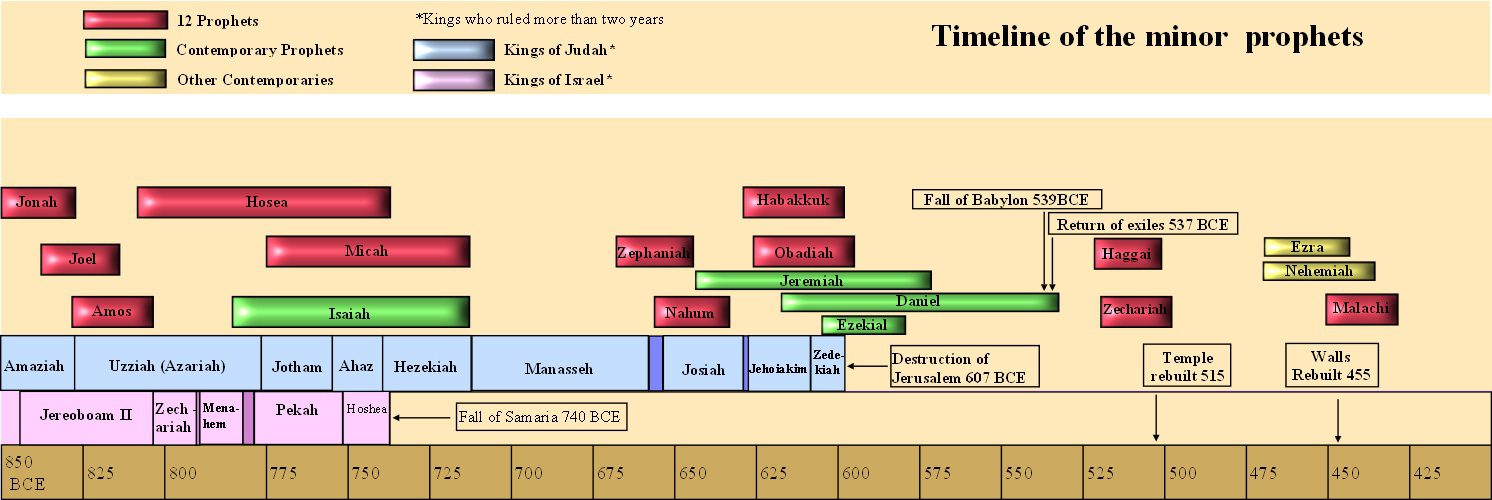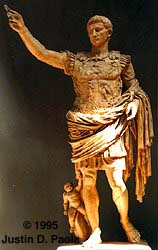The burden of the word of the LORD to Israel by Malachi.
מַשָּׂא דְבַר־יְהוָה אֶל־יִשְׂרָאֵל בְּיַד מַלְאָכִֽי׃
We have heard it before: a ‘burden,’ a weight laid upon the back of a mortal soul, an oracle from the LORD laid upon the tongue of a Prophet. Malachi was the last Prophet of Judah. Israel (Samaria) had already fallen. Defeat of the Jews and a silence of the LORD prevails until the voice in the wilderness of John the Baptist.
The LORD had spoken severely to disobedient sons and daughters through many Prophets. In fact, the argument of the burden of leading the LORD’s chosen goes all the way back to Moses.
Numbers 11:11
Moses said to the LORD, “Why have you dealt ill with your servant? And why have I not found favor in your sight, that you lay the burden of all this people on me?
Leading a people or a family steeped in our own righteousness is not an easy thing.
How quickly we forget what the LORD has done to redeem us, how He saves us from the slavery of our past.
Before the Lord came to us in a manger in Bethlehem in the Person of the Messiah, a great silence would follow the chastening of the Prophets.
Malachi wrote to the Jews of the Persian province of Judea about 500 years before the Christ. The burden of the LORD on Malachi is a heavy correction even of our own thinking.
2 “I have loved you,” says the Lord. But you say, “How have you loved us?”
Isn’t that our own question to God our Father? Are we not disrespectful in asking how God has loved us? We are impudent spoiled children to ask our Creator, “How have you loved us?”
The Priests’ Polluted Offerings
6 “A son honors his father, and a servant his master. If then I am a father, where is my honor? And if I am a master, where is my fear? says the Lord of hosts to you, O priests, who despise my name. But you say, ‘How have we despised your name?’
If Moses had been burdened by the leading of a rebellious people, surely these rebellious sons of Levi offered no purification for our sins before God our Father. Who could even imagine that the LORD would allow His Chosen People, the Jews, to be ruled by Egypt once more!?
10 Oh that there were one among you who would shut the doors, that you might not kindle fire on my altar in vain! I have no pleasure in you, says the Lord of hosts, and I will not accept an offering from your hand. 11 For from the rising of the sun to its setting my name will be great among the nations, and in every place incense will be offered to my name, and a pure offering. For my name will be great among the nations, says the Lord of hosts. 12 But you profane it…
14b For I am a great King, says the Lord of hosts, and my name will be feared among the nations.
Malachi 2:
Judah Profaned the Covenant
10 Have we not all one Father? Has not one God created us? Why then are we faithless to one another, profaning the covenant of our fathers? 11 Judah has been faithless, and abomination has been committed in Israel and in Jerusalem. For Judah has profaned the sanctuary of the Lord, which he loves…
The Messenger of the Lord
17 You have wearied the Lord with your words. But you say, “How have we wearied him?” By saying, “Everyone who does evil is good in the sight of the Lord, and he delights in them.” Or by asking, “Where is the God of justice?”
Malachi preaches repentance to the Jews, captured by Babylon and now ruled by Persia. The word of the LORD is a hard burden on the Prophet, in these days prior to re-building a Second Temple by Ezra and Nehemiah. Yet even the Second Temple would fall.
Judea of Persia:
- Alexander the Great will conquer Persia in 331 B.C.
- Alexander the Great will conquer Egypt a year earlier in 332 B.C.
Judea of the Macedonian Kingdom:
- Ptolemy I rules Judea
- Alexander the Great rules the world
- The Hebrew Bible is translated into Greek (Septuagint) in Egypt
Judea of the Ptolemaic Kingdom:
- The Ptolemy successors of Egypt rule Judea once more until 198 B.C.
- Political upheaval brought the Seleucids to power from 321 B.C. until 64 B.C.
- Ptolemy VIII (170-163 B.C.) and Cleopatra II (170-142 B.C.) vie for political power in Egypt
- The Maccabean revolt in Judea defeats the Seleucids (166-142 B.C.)
Judea of the Hasmoneans
- Judas Maccabeus begins the line of Hasmonean rule (166-160 B.C.)
- Pompey annexes Judea to Rome (63 B.c.)
Judea under Rome
 C. Octavius (later Augustus) was born on 23 September, 63 BC
C. Octavius (later Augustus) was born on 23 September, 63 BC- Herod the Great (37-4 B.C.) gains political power in Judea as an ally of Rome.
- Egypt, under Cleopatra VII, falls to Octavian (30 B.C.)
- Rome (27 B.C.- A.D. 395) rules much of the world under Octavian
- Judea is under the jurisdiction or Syria, part of the Roman Empire under Caesar Augustus.
- Herod, funded by Rome, builds strategic roads for his Roman administration and rules over Judea with ruthless political savvy.
The Prophet Malachi has foretold with accuracy these difficulty for the Jews in the time between the Temples and the coming of the Messiah.
Malachi 3: “Behold, I send my messenger, and he will prepare the way before me. And the Lord whom you seek will suddenly come to his temple; and the messenger of the covenant in whom you delight, behold, he is coming, says the Lord of hosts.
To be continued…
This post is part of a series in preparation for Christmas in the year of our Lord, 2015.



 C. Octavius (later Augustus) was born on 23 September, 63 BC
C. Octavius (later Augustus) was born on 23 September, 63 BC
Leave a Reply